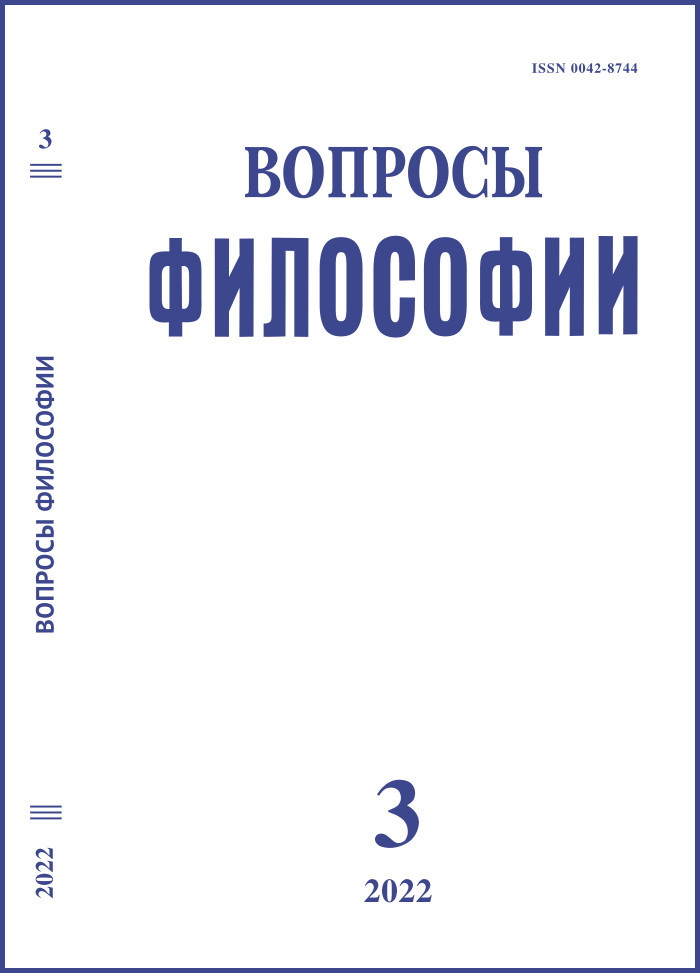Analysis of the Ontological Contexts of Comparing Nāgārjuna’s Arguments against Motion with Zeno’s Paradoxes and the Hermeneutic Importance of Tsongkhapa’s Ocean of Arguments
DOI:
https://doi.org/10.21146/0042-8744-2022-3-193-204Keywords:
Nāgārjuna, Zeno, Tsongkhapa, being, motion, absolutism, transcendentalism, madhyamaka, hermeneutics, śūnyatā, dependent arising, two truths, negative dialectics, soteriologyAbstract
The author, based on the analysis of the main comparative interpretations of the arguments “against motion”, given in the second chapter of Nāgārjuna’s “Mūlamadhyamakakārikā” and in the famous Zeno’s paradoxes, highlights the leading ontological contexts for comparing the Madhyamaka of Nāgārjuna with the teachings of Western philosophers. This is, firstly, the absolutist context in which one can find the parallelism of the teachings of Parmenides and Madhyamaka in the Chinese interpretation. Secondly, this is the context of transcendentalist ontology (Kant, Husserl, Heidegger, Wittgenstein, etc.), in which it is possible to establish the similarities and differences between Indo-Tibetan Madhyamaka and Western transcendentalism in the field of dialetheism and the study of the true contradictions of being in the process of ontological questioning. The article also defines the hermeneutic significance of the Indo-Tibetan commentary tradition as an useful “key” to the correct understanding of Nāgārjuna’s Madhyamaka.
An example of Tibetan hermeneutic methodology is the commentary of the founder of the Tibetan Gelugpa school Je Tsongkhapa. This text called “The Ocean of Arguments”, almost unknown in Russian philosophical literature. Tsongkhapa’s commentary makes it clear that Nāgārjuna in the second chapter of the MMK does not put forward arguments against motion in the physical sense and does not deny the existence of motion. But he gives, using the example of walking, a substantiation of the impossibility of self-existent things and processes, including denying the existence “by nature”, “by virtue of their own essence” of persons who are born, live, die and are reborn in the wheel of cyclic existence. The second chapter of the MMK serves the implementation of the general soteriological project of Madhyamaka.
Downloads
Published
Versions
- 2025-02-06 (2)
- 2022-03-31 (1)

